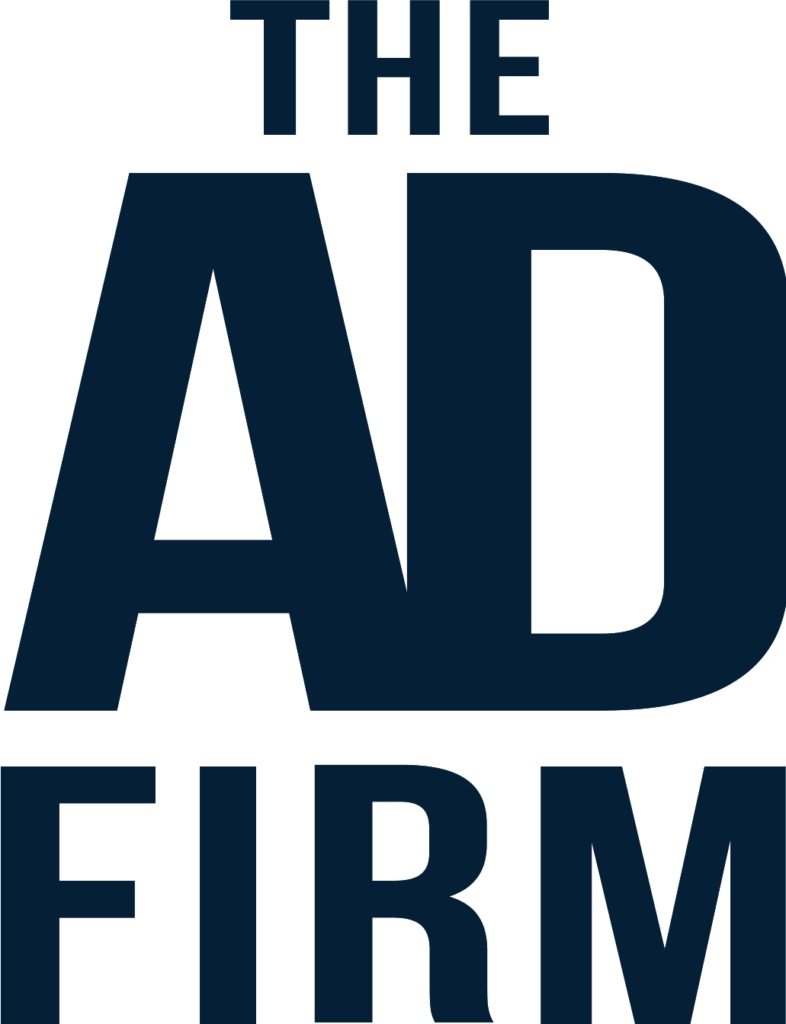Being pertinent quality markers in the search rater guidelines, you can’t overlook the importance of Expertise, Experience, Authoritativeness, and Trustworthiness (E-E-A-T) in SEO. Introduced in 2022, the E-E-A-T update is the search engine’s basis for judging content on overall quality.
E-E-A-T isn’t just a part of the SEO trends. Above all, it is a guardrail ensuring that only high-quality, reliable content is published online. It helps searchers find information they can trust to fulfill their needs. Meanwhile, if you’re a brand publishing online, it asserts responsibility and accountability for what you publish on your platforms.
Regarding utility in SEO, meeting E-E-A-T standards increases your chances of ranking high on Google, while the opposite could deter it or even lead to penalties. But if you’re unsure how exactly to optimize for E-E-A-T, we offer our expertise in this article.
What is E-E-A-T in SEO?
E-E-A-T is a framework that helps Google evaluate the credibility and quality of content you publish on your website. This quality assurance helps guarantee that all content users find is helpful and satisfies their search intent.
RELATED ARTICLE: Shift Towards Semantic Search and User Intent
E-E-A-T also has specific benefits, such as supporting quality assurance efforts for Your Money, Your Life (YMYL) content, which tackles topics that might directly or indirectly affect people’s security and quality of life. To understand how E-E-A-T helps, let’s break down what each update aspect means.
- Expertise: Refers to the depth of your knowledge on a particular subject in and around your industry. This is most pertinent in specialized fields like medical, legal, and financial industries.
- Experience: This focus is on insights you can personally contribute to a topic. This is exemplified by firsthand real-world knowledge attained and shared to help users.
- Authoritativeness: This reflects your or your website’s reputation in the industry. It is supported by referrals or citations from peers or other authorities in your field.
- Trustworthiness: Refers to your reliability as a source of information. It is influenced by elements such as website security, transparency, and information accuracy.
How Google Uses E-E-A-T
As mentioned earlier, Google uses E-E-A-T as a guardrail for ensuring website quality, particularly those dealing with sensitive topics like YMYL content.
As these topics might impact an audience’s financial stability, health, or safety, Google enacts stricter measures to scrutinize these types of content. Hence, if you operate within industries that tackle these themes and topics, your content must strictly adhere to E-E-A-T standards.
In addition to E-E-A-T, Google’s algorithms also factor in relevance to users when determining search rankings—again, the more trustworthy and relevant your content, the better it ranks.
The Implications of E-E-A-T on SEO
With E-E-A-T as a guardrail, creating quality content is a requirement for all online content publishers who wish to rank high. Meeting E-E-A-T standards, in a way, precedes all other SEO tactics, which are better viewed as supporting and finishing touches.
In line with this, Google urges publishers to make self-assessing your content an active practice. According to Google, in creating helpful content, you must be able to answer:
- Does the content provide original information, reporting, research, or analysis?
- Does the content provide a substantial, complete, or comprehensive topic description?
- Does the content provide insightful analysis or interesting information beyond the obvious?
- If the content draws on other sources, does it avoid copying or rewriting those sources and instead provide substantial additional value and originality?
Those are just a few of the questions from Google, and you can very well add your own to them, such as your internal quality assurance checklists. Now, let’s look at ways you can optimize your content in a way that covers all those considerations.
Prioritizing E-E-A-T in Search Engine Optimization
Prioritizing E-E-A-T in SEO involves strategic steps that help a website demonstrate expertise, authority, and trustworthiness across all its pages. This section explores the actionable ways websites can better align their SEO efforts with Google’s E-E-A-T guidelines.
1. Demonstrate expertise through well-researched original content.
The content you create should fundamentally reflect your in-depth knowledge of a topic in your industry. Is there knowledge you’ve attained from research papers, articles, or other resources you can share? What are your opinions or insights you can add to it? Or did you initiate original research and discover a point of reference that is little or not discussed?
You can share all of these in your content to establish your expertise, as users look to experts for new knowledge or perspectives on a topic. Aim for depth, accuracy, and value, as these are crucial for building your reputation as an expert.
2. Implement author profiles.
Author profiles are one of the ways you add credibility to your website and content. These profiles detail the qualifications and experience of your internal and external contributors.
In having bylines and author profiles, you also put a name and face to the source of the knowledge. It conveys an openness to fact-checking or a willingness to be held accountable for what you publish.
These profiles can also link to other published work, credentials, or contributions to industry-relevant publications, which collectively signal expertise. Above all, Google considers this transparency a sign of quality, especially for YMYL content, where verified expertise is critical.
3. Earn backlinks from reputable sources to bolster your reputation.
On the internet, backlinks are a currency of trust; the more reputable the website links to your content, the higher its value. These backlinks are considered valuable “referrals” equivalent to votes of confidence from industry peers and authorities and signal to Google that experts also value your content.
Leveraging digital public relations and link-building efforts to acquire links from high-authority domains improves your search rankings and builds a site’s reputation in its field.
ALSO READ: Top metrics to look for when building backlinks
4. Solidify your brand identity in the industry.
Building a strong brand identity online contributes to authoritativeness. There are two main ways you can accomplish this.
The first is through maintaining a consistent flow of publishing content. However, if you don’t have a robust and sustainable content creation workflow, you can also work with a content marketing agency to help you with this.
The second way you can solidify your brand identity is through media mentions, partnerships, and a solid digital footprint. A recognized and respected business within its niche will naturally earn more trust from users and search engines.
5. Earn trust by strengthening your website’s security.
Ensuring the safety and security of your website browsers is critical to earning the trust of users and Google.
You can improve this by implementing HTTPS, displaying privacy policies, and providing transparent contact information to help assure users that their data is safe. Google rewards secure, transparent websites with better rankings.
Without these measures, trust and, consequently, search performance can suffer.
6. Bolster that trust with reviews and social proof.
Online reviews, testimonials, and social proof, collectively known as user-generated content, profoundly impact SEO. They offer honest user feedback, strengthening a business’s reputation and signals credibility to search engines.
Encouraging and showcasing authentic customer feedback helps improve SEO outcomes, especially when integrated into the website’s content and product pages.
Final Thoughts
E-E-A-T plays an essential role in determining a website’s SEO success. By enhancing expertise, experience, authoritativeness, and trustworthiness, businesses can improve their search engine rankings and credibility with users and search engines. Integrating these principles into your content strategy is critical for standing out in competitive search environments, particularly in YMYL categories.
To ensure your website aligns with Google’s E-E-A-T standards, consider partnering with The Ad Firm for expert guidance on optimizing your SEO strategy. Focusing on these critical elements can strengthen your site’s performance, boost trust, and enhance your online visibility.









